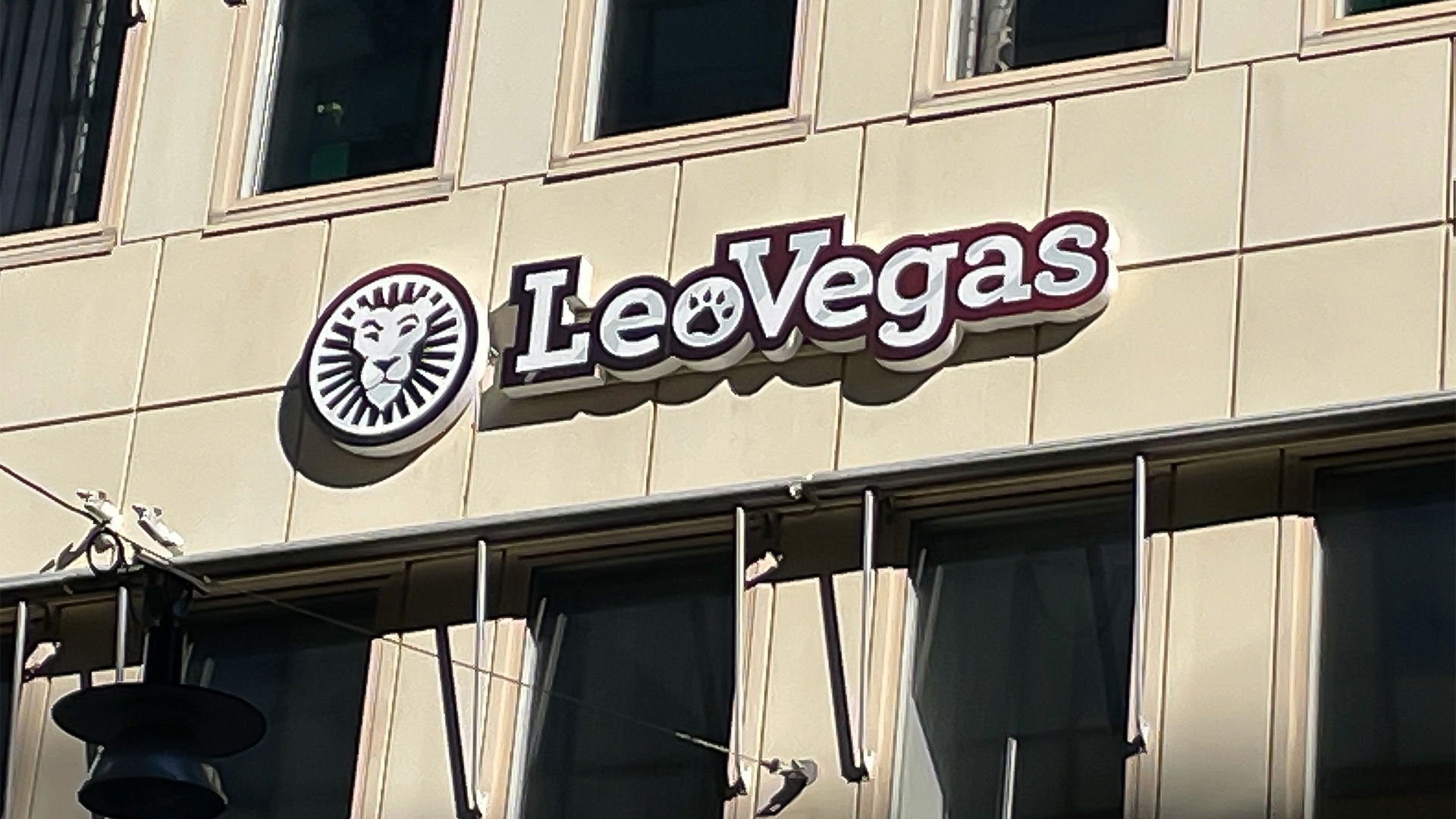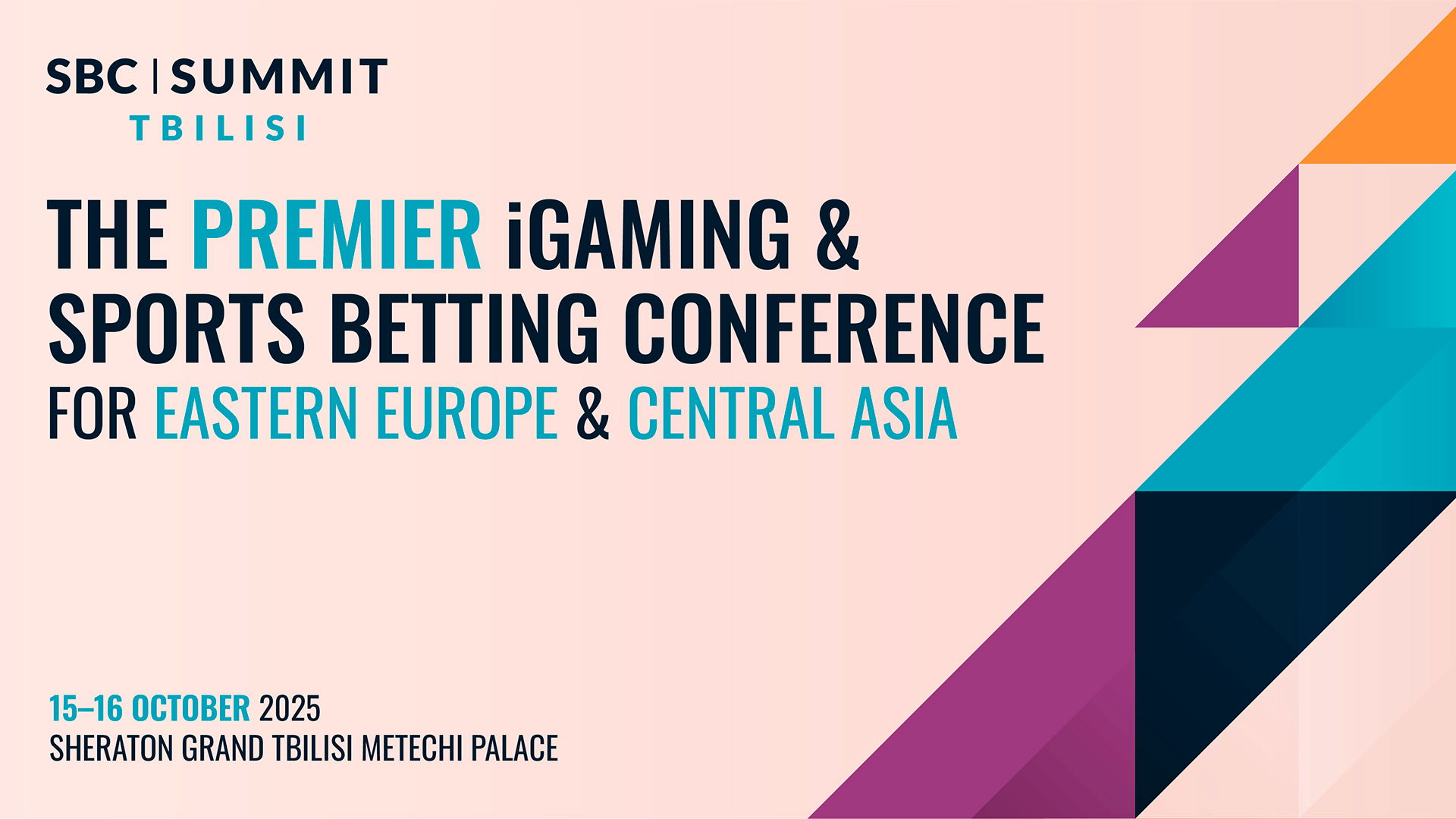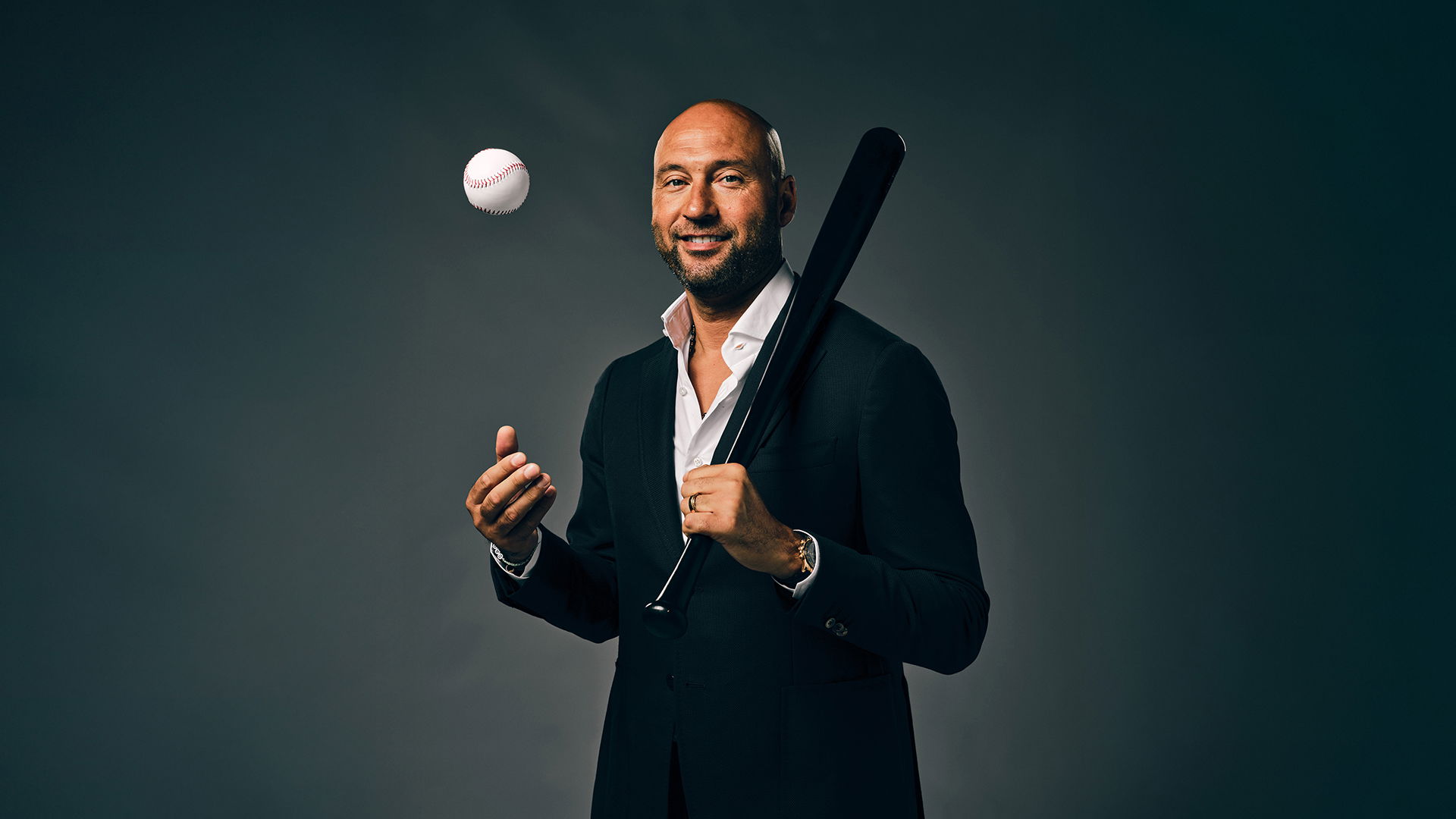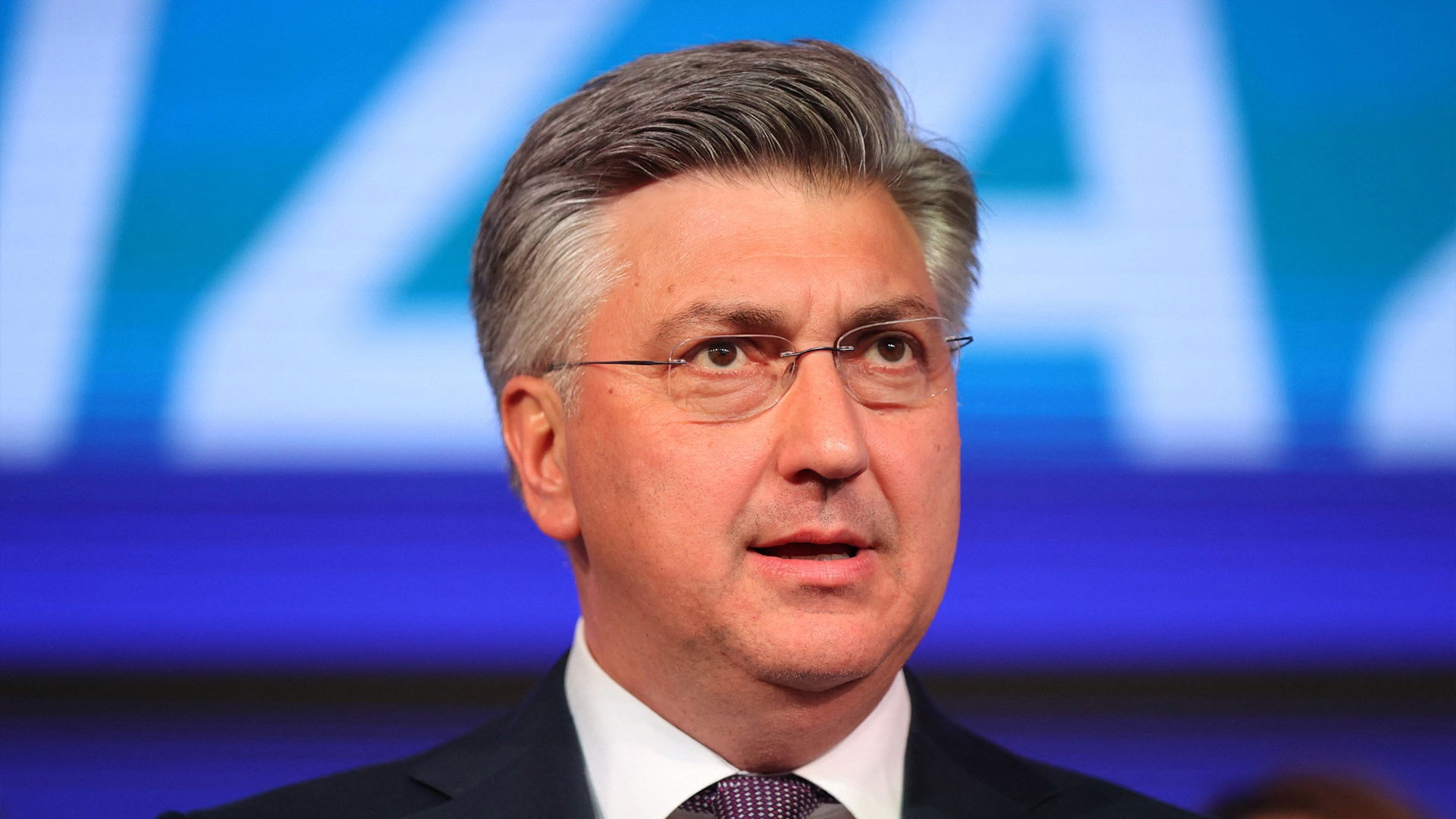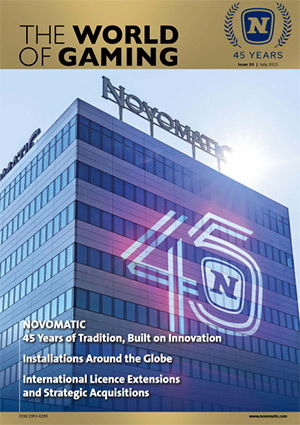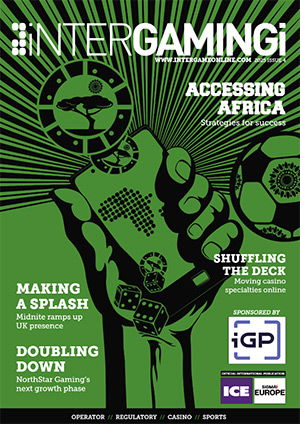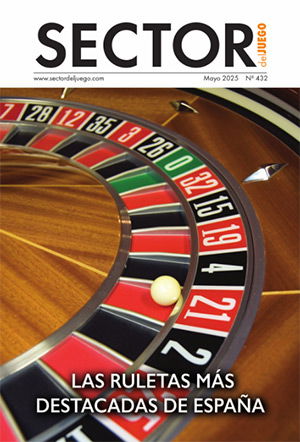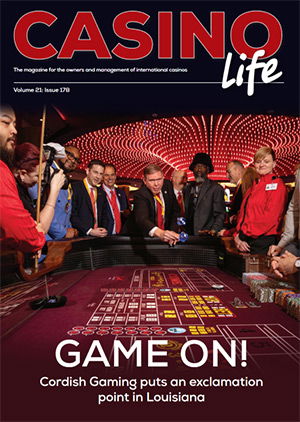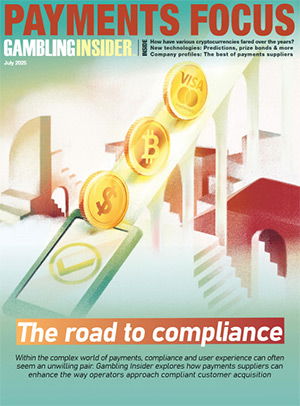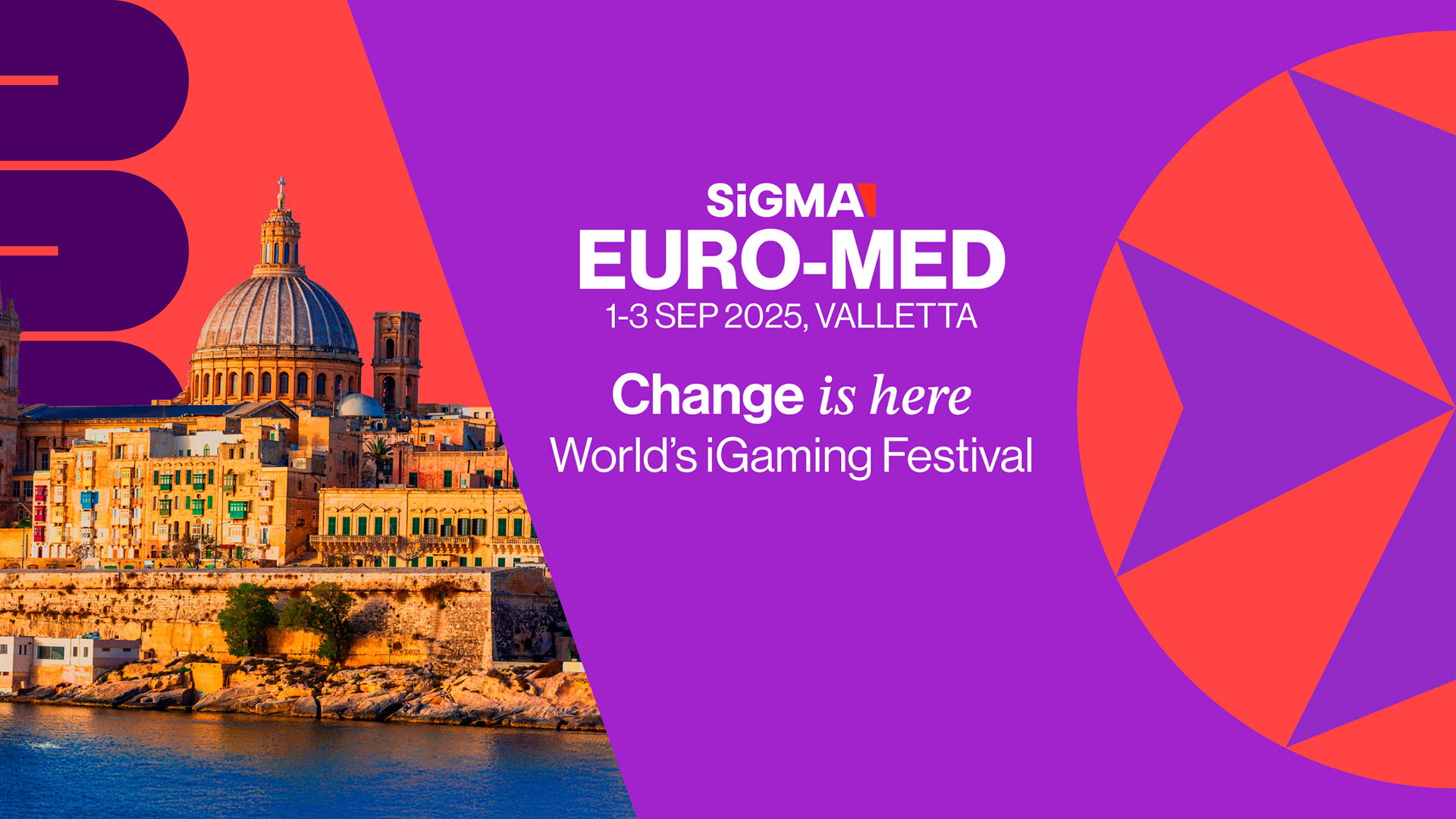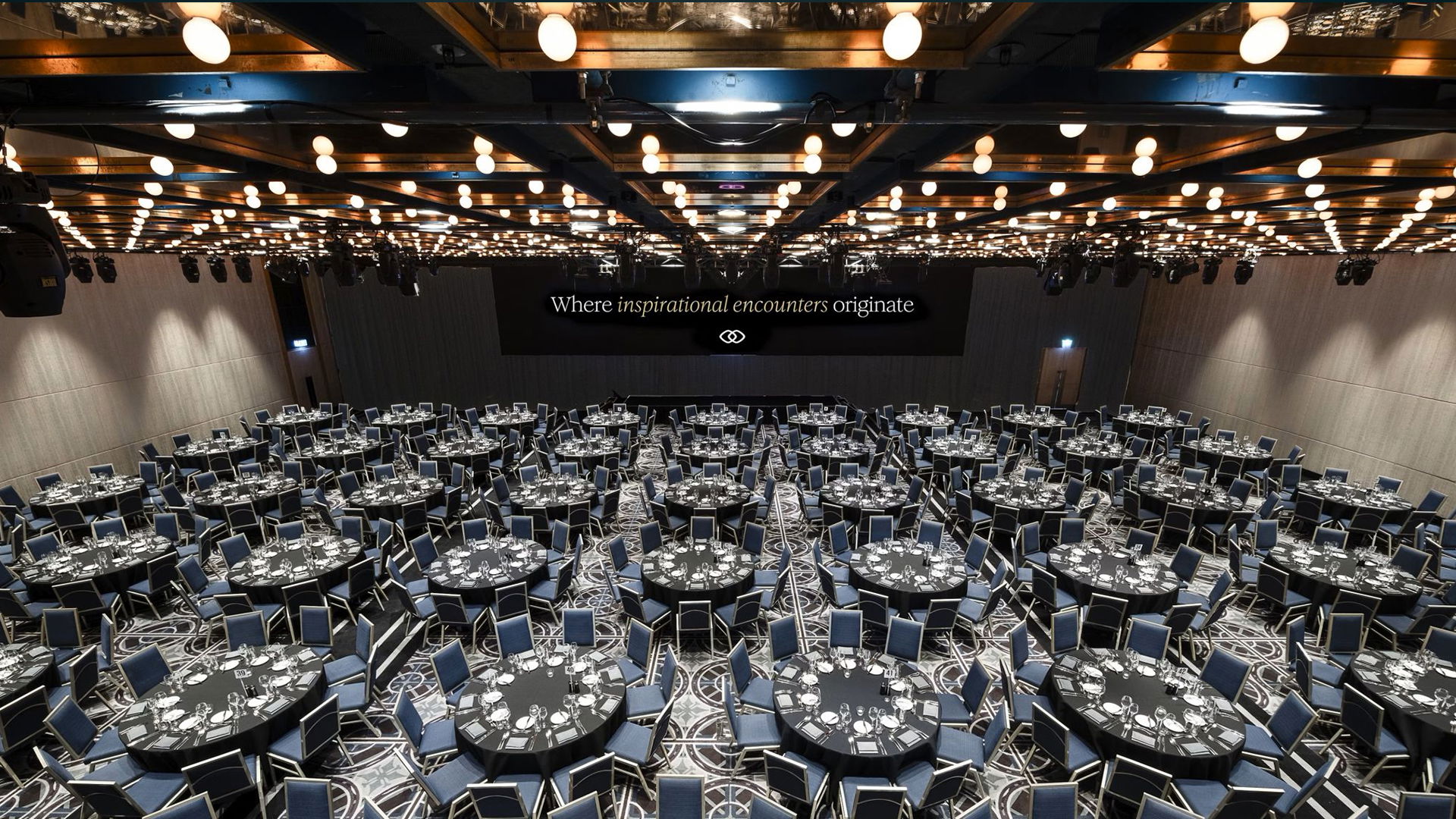Iceland: The unexpected gambling powerhouse of Europe

For many, Iceland is known as a country with geothermal landscapes, unique nature, eco-friendly policies, and high living standards. What it to many people is less known as is a gambling hub. However, according to reports from several sources, Icelandic citizens are among Europe's heaviest gamblers. So, how does the gambling environment look like in Iceland? And which online casinos are even available on the Icelandic market? Keep reading to find out about the first question, can check out this online casino guide in Iceland to discover the large selection of online casinos available to Icelanders.
Iceland’s gambling landscape: Local vs. foreign
Gambling law in Iceland is officially regulated by narrowly defined national legislation, and the law permits only a few kinds of gambling, primarily for fundraising. The earnings of the 6 licensed operators, such as HHÍ (Happdrætti Háskóla Íslands), are using their revenue to fund social goods, such as for example educational and sporting purposes. HHÍ has been a principal supporter of the University of Iceland for nearly 90 years. Iceland has placed itself as the most gambling country in Europe, with an average annual gambling cost of €525 per person for adults. Based on the level of gambling expenditures per capita, the figure is ranked the second one after Ireland and reflects the trend of local traditions and global influences.
However, a large amount of Icelandic gambling is done on undocumented platforms in other countries, including activities related to bookmakers, online gambling sites, and online casinos. According to iGaming Business, up to ISK 20,000,000,000 (or €134 Million) is still being placed on bets at foreign casinos annually, hence capital is being "drained" in an immense amount. These platforms are both evading Icelandic taxation and are contributing with nothing to domestic social initiatives. This scenario is also quite different from the model that is applied by the Icelandic operators, where local recirculation of the revenue is at the core.
A costly gamble for society
As of now, the gambling framework in Iceland is tight, resulting in loss of potential tax revenue. If all types of gambling through general business licenses, taxing revenue, and gambling, it is estimated that it could deliver up to ISK 5 billion in tax revenue annually. Those statistics represent the financial incentive that Iceland is facing, making the gambling legislation an ongoing topic for debate.
Legalization attempts to stop foreign betting have, however, not yet been entirely successful by current writing, since enforcement remains difficult. Because of their high yield and possibility to be accessed via a mobile app, they are very appealing, particularly to inexperienced gamblers. According to the CEO of HHÍ, an urgent revision of the related legislation is required. The incentive is that gamblers will just find another way, meaning that in terms of the regulation of this medium today, it does not completely stop the creation of visiting international sites.
The shadow of gambling addiction
With widespread gambling comes a rising prevalence of addiction. It has been estimated that nearly 6000 Icelanders have a gambling problem. Addiction has been found to influentially impact young men who gamble online. This has led to growing demand for harm reduction, including restricting age, increasing the number of addiction treatment facilities, etc.
The issue of gambling addiction is also made more complex by cultural normalization. In Iceland, gambling is highly accepted as a leisure activity, and activities such as lotteries, slot machines, and betting pools are often seen in connection with community events and charity fundraisers. Although this model generates enormous benefits for charitable purposes, it also leads to a blur of the line between pleasure and addiction.
The role of local gambling in Icelandic society
Unlike the unregulated activities of foreign operators, Icelandic gambling entities operate with a clear social mandate. For instance, the state lottery system is framed to fund education, health care, and youth organizations. Institutions like HHÍ and similar tend to fund the building and maintenance of infrastructure, for example the construction and care of the campus of the University of Iceland. This is done to the extent that gambling has always been represented as a civic good rather than a private vice.
Conventionally, some societal benefits are eroded, however, as the domestic gambling market is highly competitive. Icelandic individuals are increasingly becoming the focus of global platforms that provide more choices, more convenience, and more rewards. This advance has a severe threat to the sustainability of local providers who rely on public support to pay for their charitable activities.
Gambling trends across Europe
The atypical status of Iceland as a gambling hub is a lateral part of a European trend. At per capita outlay, the Republic of Ireland and United Kingdom are at the forefront, and it's quite phenomenal to become aware of how quickly Iceland has risen in the ranks, being such a small country. In contrast, more strict gambling regimes from the Norwegian and Swedish gambling markets have strict gambling laws, and in some instances the state monopolies operations to manage access and prevent addiction.
The European Gaming and Betting Association (EGBA) has further criticized Iceland's regulatory framework and called on policymakers to implement data-driven, innovative solutions. The recommendations cover strengthening of online gambling business regulation, availability of effective harm reduction facilities, and taxation as part of a transparent revenue sharing model. At present, Iceland's entrenched position based on obsolete legislation has disadvantaged them from tackling problems that relate to a trans-local gambling market.
Calls for reform
Regarding the magnitude of the problem, reform proposals are being debated in Iceland. Among the proposed amendments, it is suggested to introduce a licensing system for foreign operators to operate, being subject to the domestic regulatory supervision. This method also has been used in other countries and, in both cases, the result has been better consumer protection, as well as better tax revenue.
Advocates for reform also highlight the role of targeted public awareness campaigns. Elevating the awareness among players of the danger of gambling, specifically in the age group of young adults, will help reduce the social damage caused by gambling addiction in Iceland. Another measure is to extend technology-driven monitoring systems, to discourage illegal gambling and to ensure compliance among licensed operators.
The road ahead
The gambling dilemma in Iceland can be taken as a chance for improvement. Even as the country grapples with the ongoing loss of revenue, it stands to consider some of the toughest choices in how to modernize its gambling laws. Although the philanthropic element of the Icelandic gambling culture is a model worth preserving, it must also be adapted to the context of a globalized industry.
In the coming years, Iceland can demonstrate the possibility of how small nations can balance personal freedoms, societal benefits, and responsible regulation. This balancing act will demand collaboration among government offices, gaming operators, and advocacy organizations, all aligned around a common vision to protect citizens and at the same time achieve sustainable economic growth.


